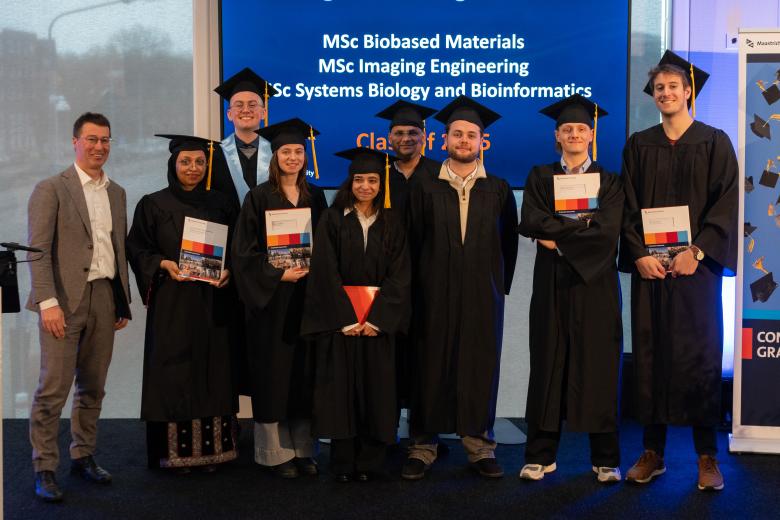ITEM starts with cross border impact assessment 2016
What are the effects of national and EU policy and legislation on border regions? Are cross border workers affected by newly or soon to be implemented national or EU policy/legislation?
One of the main objectives of the Institute for Transnational and Euregional cross border cooperation and mobility / ITEM is to set-up and implement an annual cross border impact assessment report. Currently, there is a lack of information concerning the (expected) impact of national and EU policy and legislation on border regions. ITEM annual cross border impact assessment will start revealing the effects.
ITEM’s cross border impact assessment is aimed at scanning for relevant ex-ante and ex-post legislative and policy related dossiers of the European Union, national (the Netherlands, Belgium, Germany, Luxembourg) and regional authorities (i.e. North Rhine-Westphalia, Lower Saxony, Flanders, the Walloon provinces in Belgium, the German-speaking community in Belgium) that might (positively or negatively) impact cross border workers, cross border cooperation and regional socio-economic development. The assessment offers additional and complementary insights to national and EU initiatives, and aims to be a valuable tool and resource for policy makers when making decisions concerning border regions.
Each year a selection of most relevant topics, that are most worthwhile to study and analyze into more detail, are made based on input from stakeholders. This week stakeholders will be asked to send in dossiers that might be interesting for assessment. ITEM will create a shortlist and start researching the effects on border regions in the months thereafter.
In 2016 topics in focus are: cross border commuting and employment services. The assessment will be a topic at this year’s annual ITEM conference (28th October 2016).
Also read
-
Flour, family, and forward thinking: the evolution of Hinkel Bäckerei
In the heart of Düsseldorf, the comforting aroma of freshly baked bread has drifted through the streets for more than 130 years. Since its founding in 1891, Hinkel Bäckerei has evolved from a small neighborhood bakery into a cherished local institution.
-
Green school playgrounds boost concentration and wellbeing
Children at schools with green playgrounds are better able to concentrate and display more social behaviour. This is the conclusion of a follow-up study within the long-running project The Healthy Primary School of the Future .
-
Ron Heeren appointed fellow of the Netherlands Academy of Engineering
Professor Ron Heeren, distinguished university professor at Maastricht University (UM) and director of the Maastricht MultiModal Molecular Imaging Institute (M4i), was appointed as a fellow of the Netherlands Academy of Engineering (NAE) on Thursday 11 December.